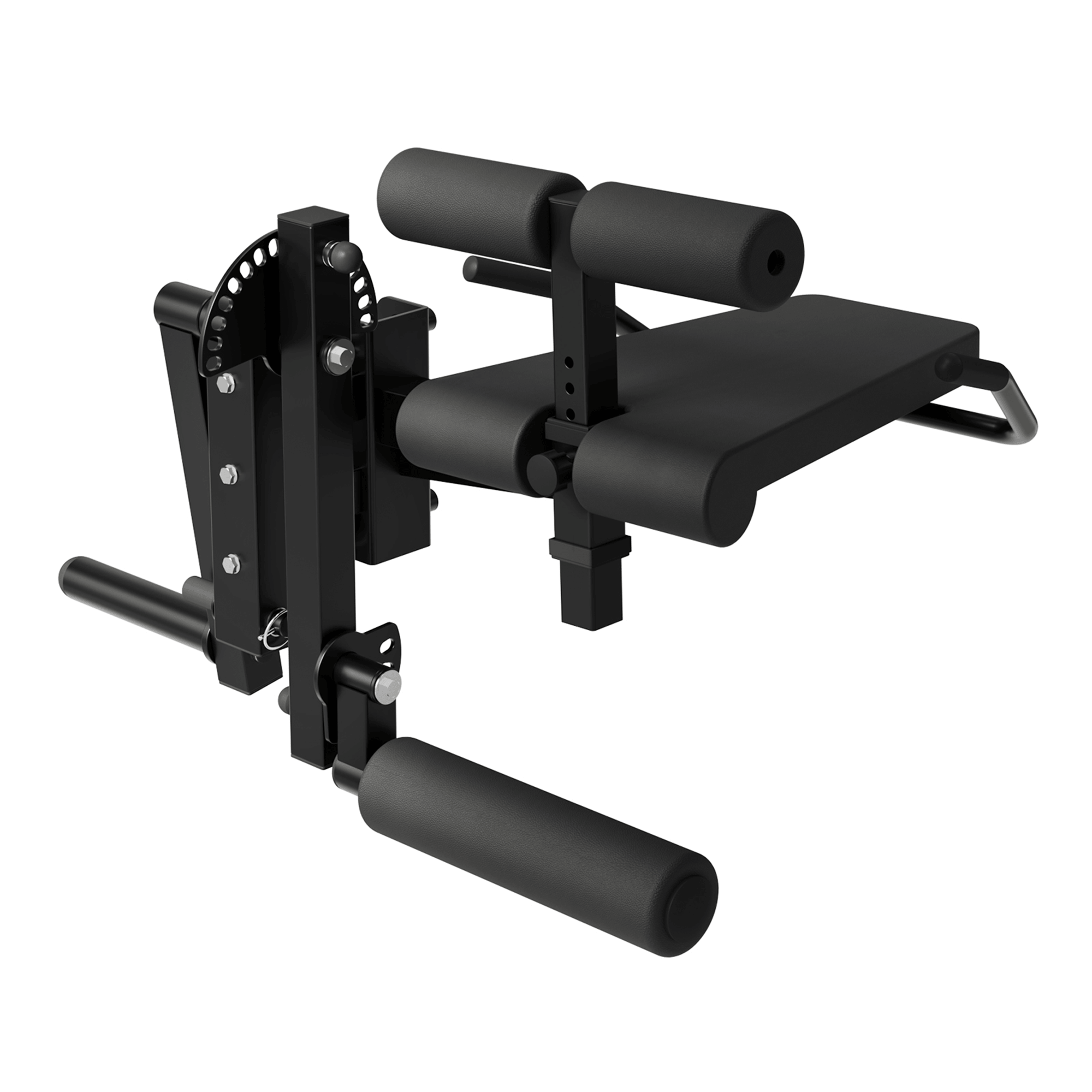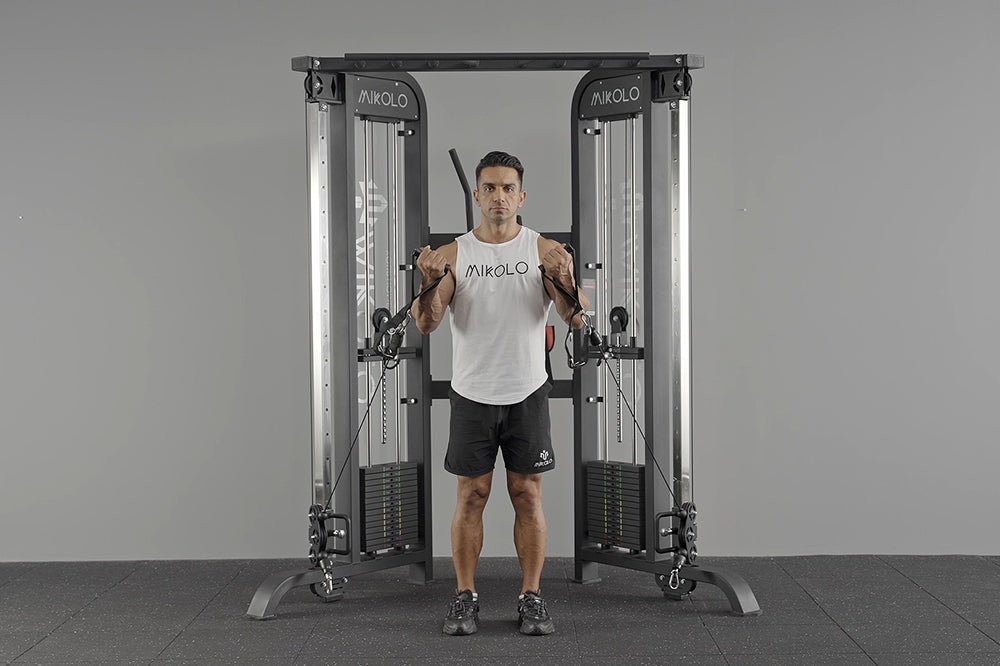In the world of strength training, iron plates have long been a staple in gyms and home fitness setups. Whether you’re new to lifting or a seasoned lifter upgrading your home gym, understanding the value of quality plate iron is key to building strength safely and effectively. This guide covers everything you need to know about iron plates—from types to benefits—along with practical advice to help you make the best choice for your fitness journey.
What Are Iron Plates?
Iron plates, commonly known as weight plates, are fundamental pieces of gym equipment used to add resistance to barbells, dumbbells, and machines. They come in various designs, coatings, and weight increments, making them suitable for different training styles—be it powerlifting, bodybuilding, or general strength training.
Unlike rubber bumper plates, which are designed to be dropped from a height, iron plates are usually thinner, denser, and more traditional in look and feel. The classic “clang” of plate iron hitting the barbell is a sound many lifters find both nostalgic and motivating.
Types of Iron Plates
When shopping for iron plates, you’ll encounter several types, each serving a slightly different purpose:
-
Standard Iron Plates: These typically come with a 1-inch diameter center hole, suitable for standard bars found in many home gyms. They are cost-effective but not compatible with Olympic bars.
-
Olympic Iron Plates: Designed with a 2-inch center hole to fit Olympic-sized barbells, these are the go-to option for most serious lifters. They’re commonly used in commercial gyms and home setups focused on strength progression.
-
Machined vs. Cast Iron Plates: Machined plates offer tighter weight tolerance and smoother finishes, while cast iron plates might have minor imperfections but are often more affordable.
-
Coated Iron Plates: Some iron plates feature enamel, powder coating, or hammertone finishes to resist rust and add a more polished appearance.
Benefits of Training with Iron Plates
Choosing iron plates offers several benefits that go beyond just adding weight to a bar:
-
Space-Saving Design: Iron plates are denser than bumper plates, allowing you to load more weight on a barbell without taking up excessive space.
-
Durability: High-quality plate iron is incredibly durable and can last decades with proper care, making it a smart long-term investment.
-
Tactile Feedback: Many lifters appreciate the feel and sound of iron plates—it brings a raw, no-nonsense vibe to your workout.
-
Cost-Effectiveness: For those building a home gym on a budget, iron plates usually offer a more affordable option compared to urethane or rubber-coated alternatives.
Personal Experience: Why I Switched Back to Iron Plates
A few years ago, I transitioned from rubber bumper plates back to classic cast iron plates in my home gym. At first, I was hesitant—would the lack of a rubber coating be inconvenient? But after a few months, I realized I preferred the compact design, the satisfying feedback when loading weights, and the efficient use of space on my weight tree.
One unexpected benefit was the mental edge. The classic sound of iron plates created an atmosphere of focus and intensity during my workouts, helping me stay motivated during heavy lifts. To this day, my iron plate set remains the heart of my home gym, and I recommend them to anyone serious about building raw strength.
How to Choose the Right Iron Plates
When selecting iron plates, consider the following:
-
Training Goals: Olympic iron plates are best for progressive overload and barbell lifts, while standard plates can be useful for lighter, high-rep workouts.
-
Weight Accuracy: Machined plates offer tighter tolerance, which is crucial if you need precise load management.
-
Coating Type: If your gym space is humid or unconditioned, go for coated iron plates to reduce rust risk.
-
Budget: Cast iron plates without special finishes provide excellent value, especially for beginners or those expanding their home gym.
Final Thoughts
Iron plates remain a timeless choice for strength training. Whether you train in a garage gym or a commercial facility, their durability, practicality, and classic feel make them an essential tool for anyone looking to get stronger. Investing in the right plate iron can elevate your lifting experience and help you achieve consistent progress for years to come.










































Leave a comment
This site is protected by hCaptcha and the hCaptcha Privacy Policy and Terms of Service apply.